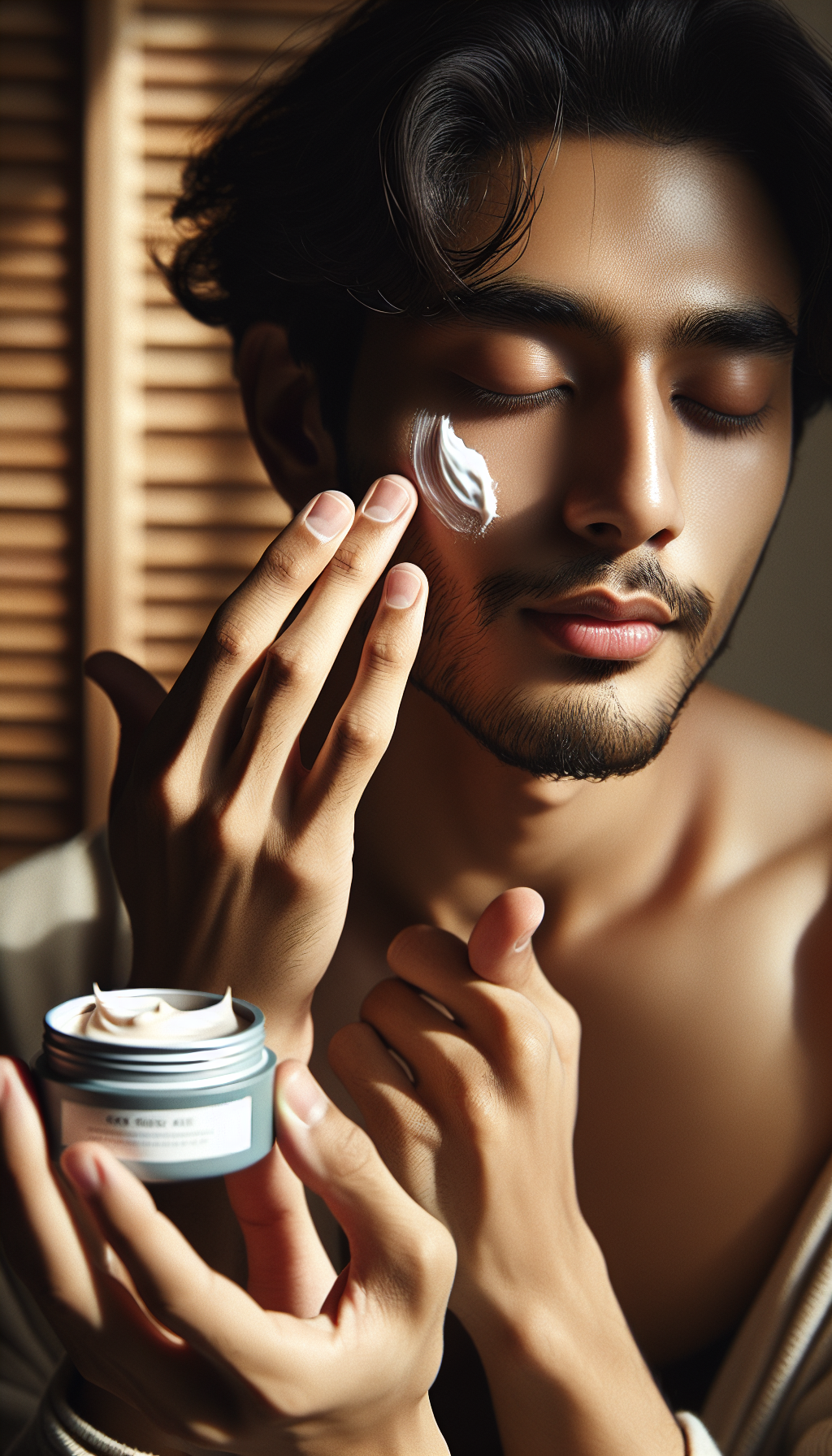Probiotics have become a buzzword in the health and wellness industry, often associated with gut health and digestion. However, their benefits extend far beyond the gut, playing a pivotal role in skin health as well. With the skin being our largest organ and the first line of defense against environmental aggressors, it’s no surprise that maintaining its health is essential for overall well-being. This article delves deep into the fascinating world of probiotics and their influence on skin health.
The Skin Microbiome and Probiotics
The skin is home to a diverse community of microorganisms, known as the skin microbiome. This ecosystem comprises bacteria, fungi, viruses, and mites that coexist in harmony. Disruptions in this delicate balance can lead to skin issues such as acne, eczema, and psoriasis. Probiotics, which are live microorganisms that provide health benefits when administered in adequate amounts, can help restore and maintain this balance.
For a comprehensive understanding of the importance of skin health and its maintenance, visit Avix Health’s dedicated section on Skin Health.
Probiotics’ Mechanisms of Action
Probiotics exert their beneficial effects on the skin through several mechanisms:
- Strengthening Skin Barriers: They enhance the skin’s barrier function, which prevents pathogens from entering the body and reduces water loss, thereby improving hydration.
- Modulating Immune Response: Probiotics can modulate the immune system, reducing inflammation and preventing or alleviating skin conditions like eczema and acne.
- Antimicrobial Properties: Certain probiotic strains produce substances that have antimicrobial properties, protecting the skin from harmful bacteria.
Probiotics and Common Skin Conditions
Acne
For individuals dealing with acne, probiotics may offer a glimmer of hope. They can inhibit the growth of Propionibacterium acnes, the bacteria linked to acne development, and reduce inflammation. Combining probiotics with conventional acne treatments may enhance their effectiveness. Learn more about addressing acne through skin care treatments.
Eczema
Eczema sufferers may find relief with probiotics as they help manage flare-ups and reduce the severity of symptoms. The anti-inflammatory effects of probiotics play a crucial role in this process.
Psoriasis
A less explored area is the impact of probiotics on psoriasis, a chronic autoimmune condition that affects the skin. Preliminary research suggests that probiotics could be beneficial in managing psoriasis by influencing the immune response.
Rosacea
Emerging evidence indicates that probiotics may also aid in the management of rosacea, a chronic skin condition characterized by redness and flushing. Probiotics can help reduce skin redness and the frequency of flare-ups.
The Role of Oral and Topical Probiotics
Probiotics can be administered both orally and topically, and each method offers unique benefits for skin health.
Oral Probiotics
Oral probiotics, typically consumed through fermented foods or supplements, can have systemic effects. They interact with the gut microbiota and immune system, which in turn can affect skin health. To explore the benefits and usage of skin care supplements, consider reading about skin care serums.
Topical Probiotics
Topical probiotics, applied directly to the skin, can influence the local skin microbiome. They offer a targeted approach to managing skin conditions and enhancing the skin’s barrier function. For insights on enhancing product absorption, see strategies to enhance skin absorption of products.
Selecting the Right Probiotic Strains
Not all probiotics are the same, and different strains offer different benefits. When selecting probiotic products, look for strains that have been researched and proven effective for skin health, such as:
- Lactobacillus: A widely studied genus, certain strains of which have shown promise in improving skin hydration and reducing inflammation.
- Bifidobacterium: Studies have indicated that this genus may help improve the skin’s barrier function and reduce sensitivity.
Integrating Probiotics into Your Skin Care Routine
To incorporate probiotics into your skin care regimen, consider the following tips:
- Consult a Dermatologist: Always consult a healthcare professional before adding new products to your routine, especially if you have skin conditions.
- Start Slowly: Introduce probiotics gradually to monitor how your skin responds.
- Choose Quality Products: Opt for products with clinically proven probiotic strains and check for the viability of the probiotics.
Potential Side Effects and Considerations
While probiotics are generally considered safe, they can cause side effects in some people, such as skin irritation or allergic reactions. It’s important to be cognizant of these potential reactions and discontinue use if adverse effects occur.
External Resources Supporting Probiotic Benefits
For further reading on the benefits of probiotics on skin health, the following resources provide valuable information:
- National Center for Biotechnology Information: Search for peer-reviewed studies on the impact of probiotics on skin conditions.
- American Academy of Dermatology: Offers a wealth of information on skin health, including the potential role of probiotics.
- International Society of Microbiota: Dedicated to research on microbiota, including skin microbiome studies.
Conclusion
Probiotics offer a promising avenue for maintaining and improving skin health. By understanding and leveraging their benefits, individuals can potentially alleviate common skin conditions and enhance their overall skin health. As research continues to unfold, the role of probiotics in dermatology is likely to expand, offering new solutions for skin care regimens. Whether taken orally or applied topically, probiotics represent a natural and holistic approach to achieving a balanced and healthy skin microbiome.



